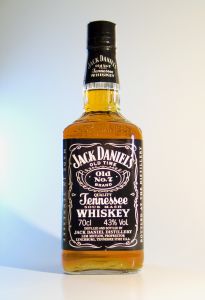On March 28, 2013, Overstock and Amazon lost their challenge of a state tax on online sales in New York’s highest court. Further, the the Supreme Court of United States declined hearing the case, because the court determined that such a law did not violate the federal Commerce Clause. Following the Amazon decision, we expected the states to follow New York’s lead and enact its own click-through-nexus laws.
In 2011, Illinois did just that. Specifically, Illinois has a nexus law that required any company with a place of business in Illinois to collect and remit tax to Illinois. In 2011, Illinois enacted its so-called “Click Through” nexus law, which required a business to collect and remit tax if it has contact with a person or business in Illinois who referred customers to the business’s website for a commission. In this case, the trade group believed the law to be unfair, so it challenged it in court. After enacting its version of the “Click Through” Nexus law in Illinois, the Illinois courts struck it down.
With the “Click Through” Nexus debate rounding third, Illinois threw the state and local tax (“SALT”) community a curve ball with its ruling in Performance Marketing Association v. Hamer. Specifically, the court determined that such a law did violate the federal Commerce Clause and the Internet Tax Freedom Act. Many wondered if Illinois would just draft a new law to attempt to capture online-retailers, similar to the way New York did.
 Multi-State Tax Law Blog
Multi-State Tax Law Blog


